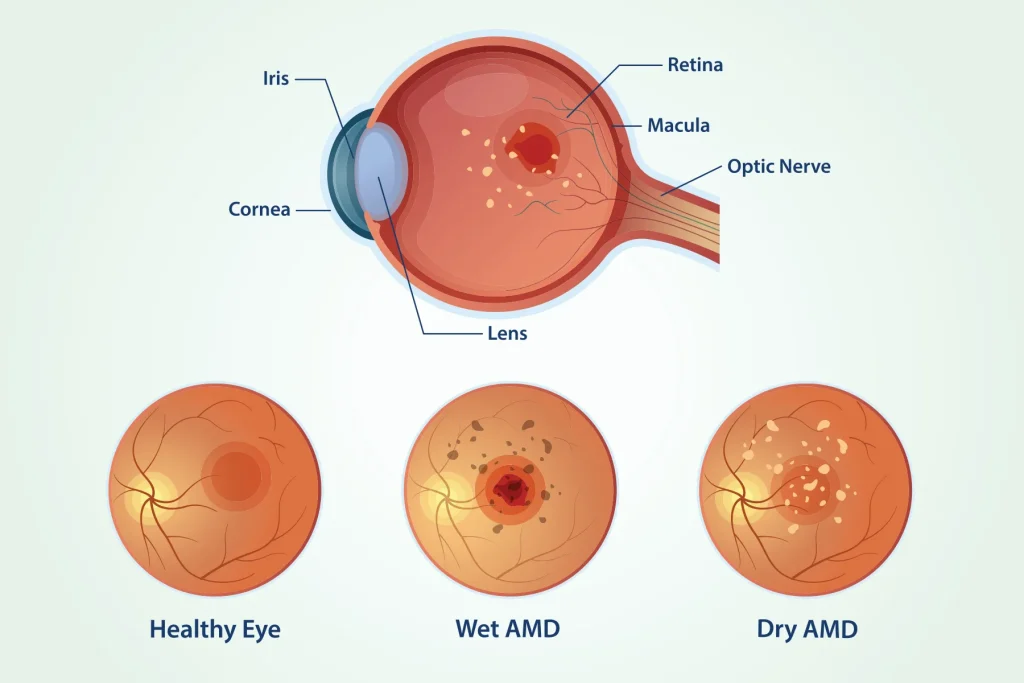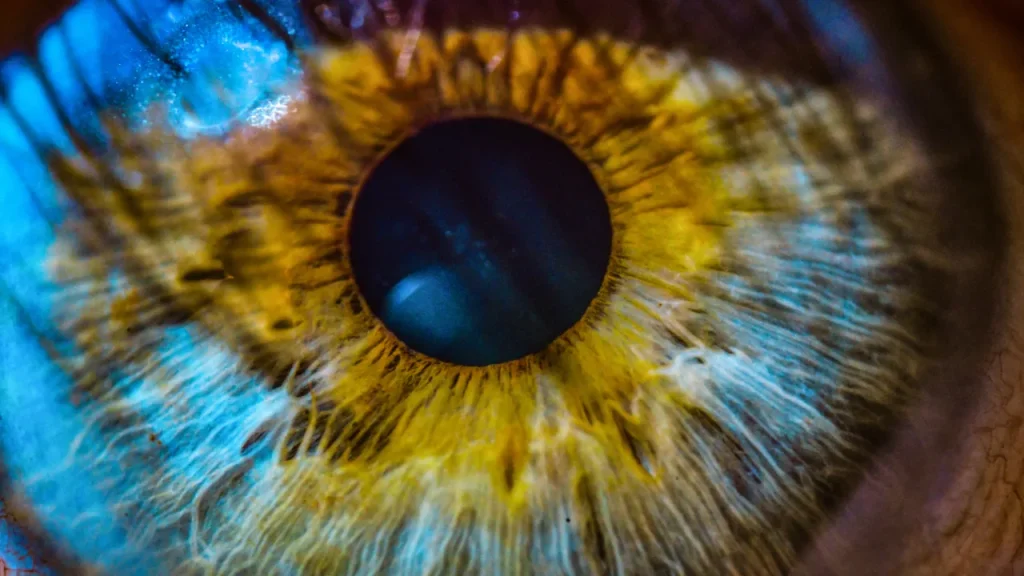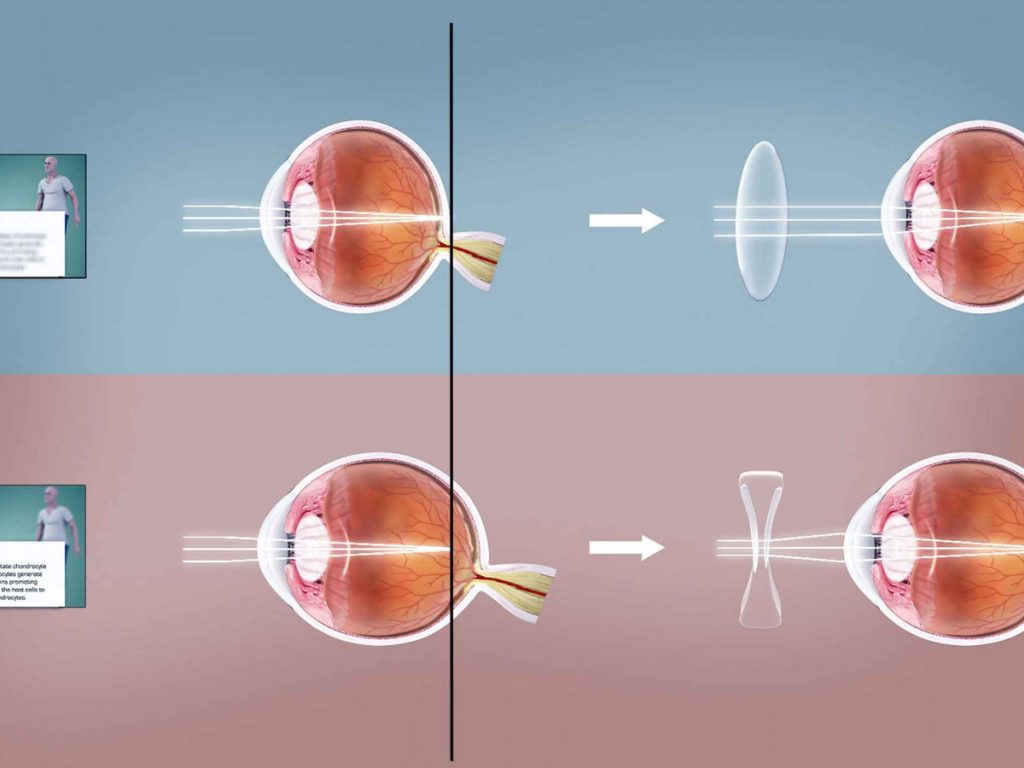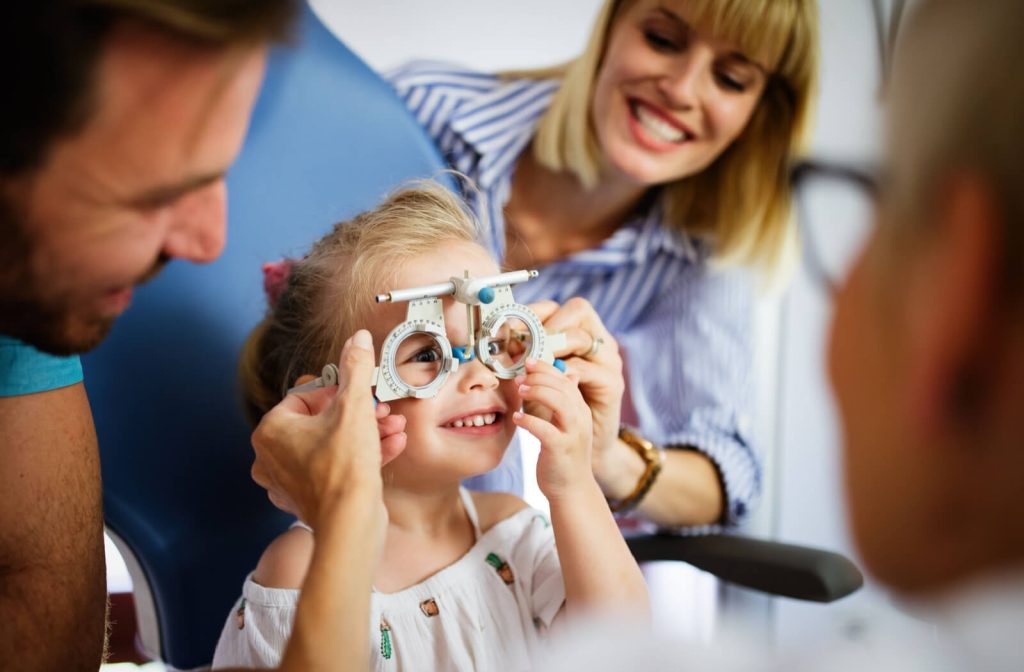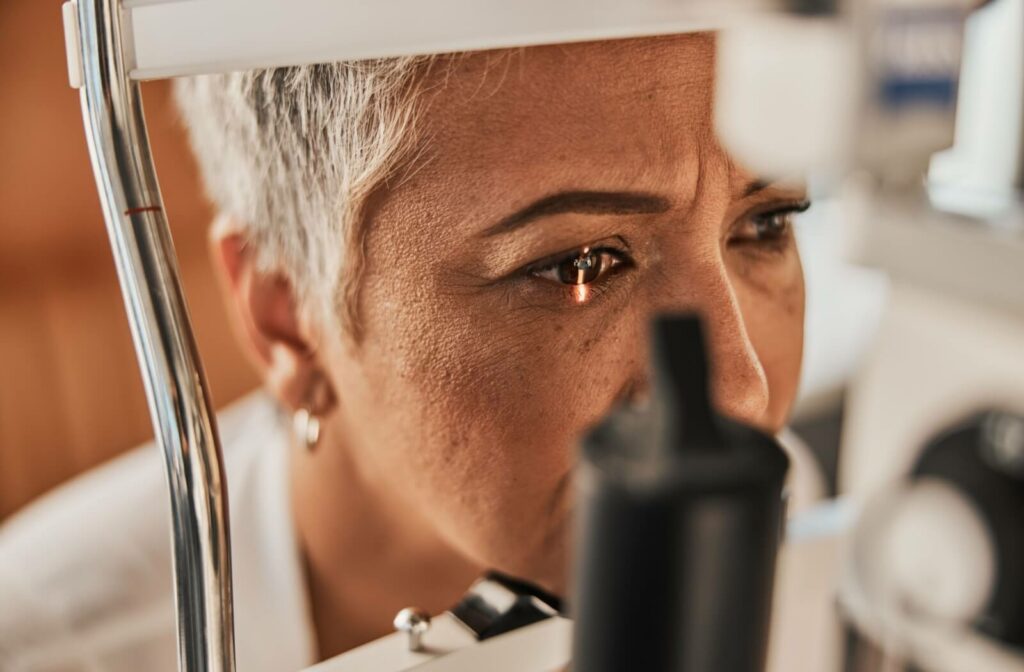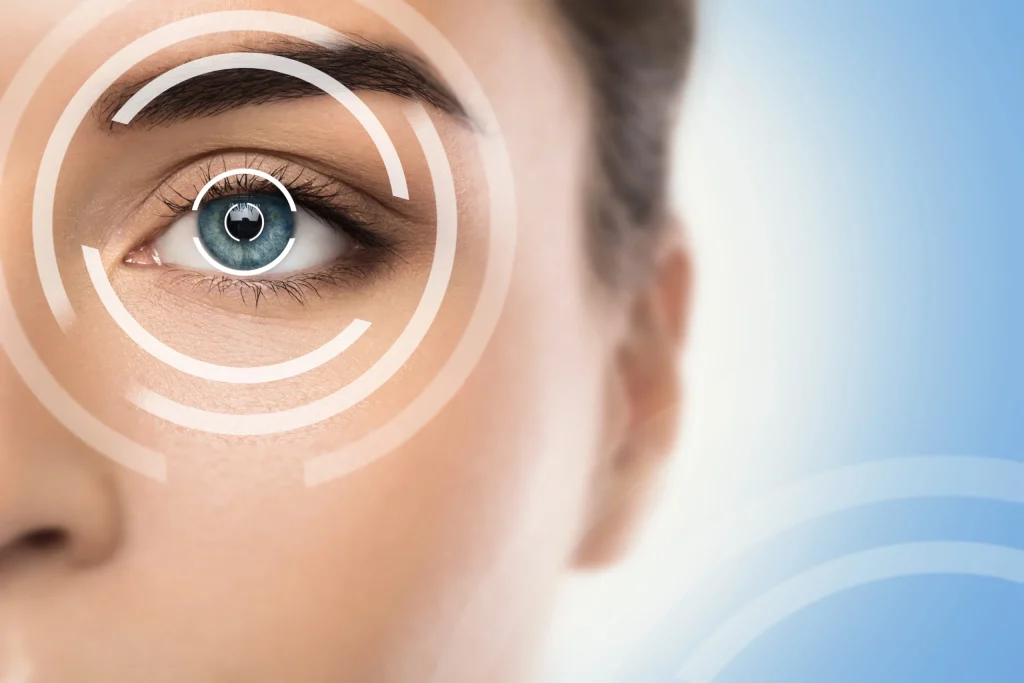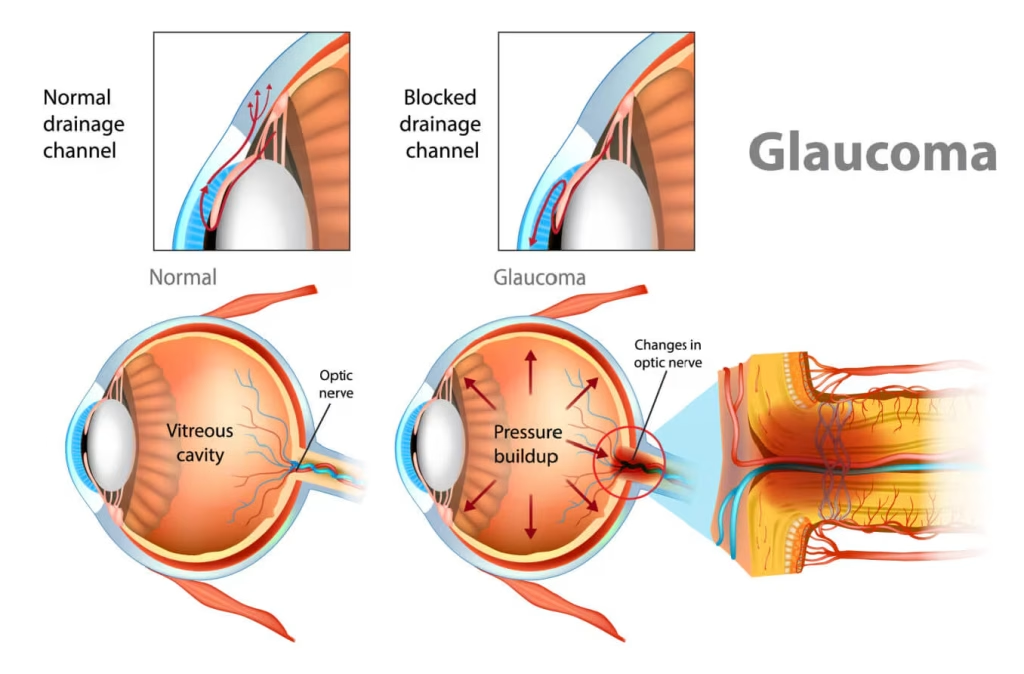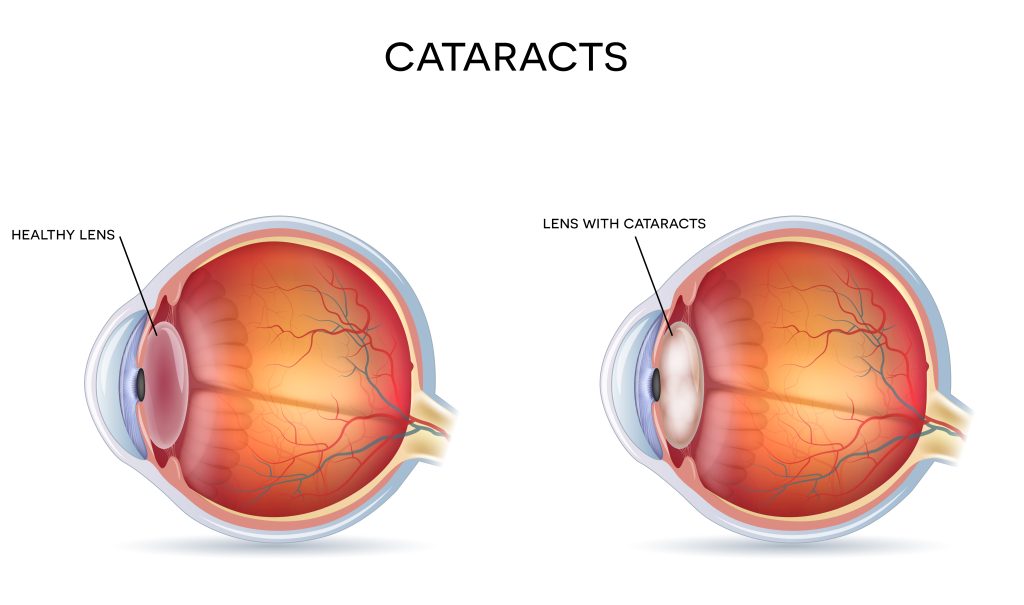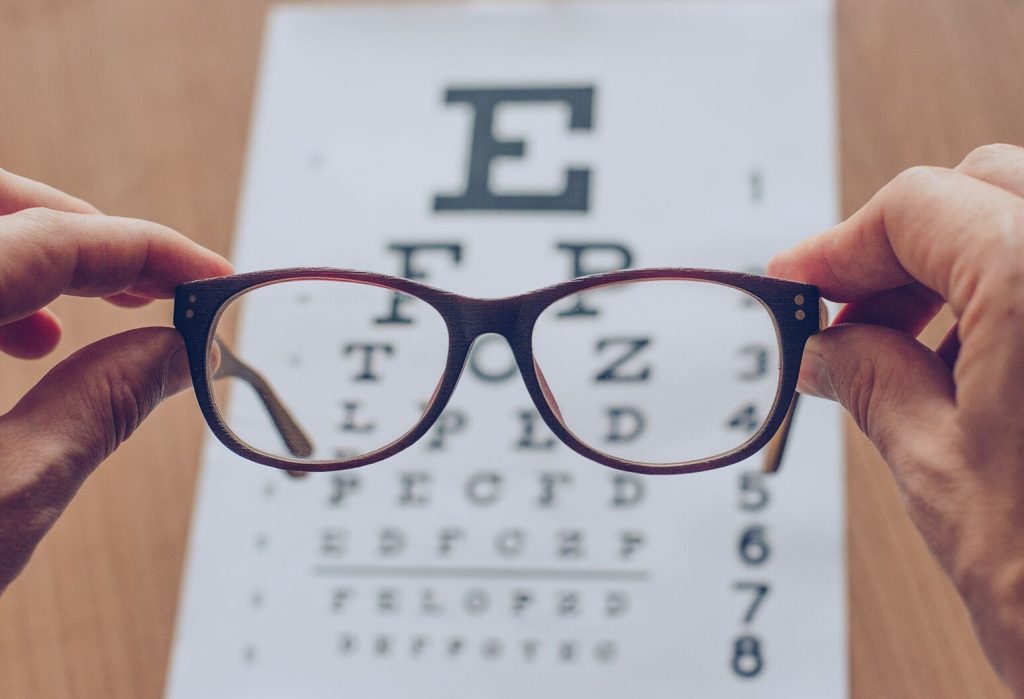Age Related Macular Degeneration Explained
Our eyesight is incredibly precious. It allows us to see the world. Age can bring many changes. Some are normal, like reading glasses. Others are more serious concerns. Age-related macular degeneration (AMD) is one. It affects central vision. This makes daily tasks hard. Understanding this condition is key. It helps in early detection. This can…
Read more

